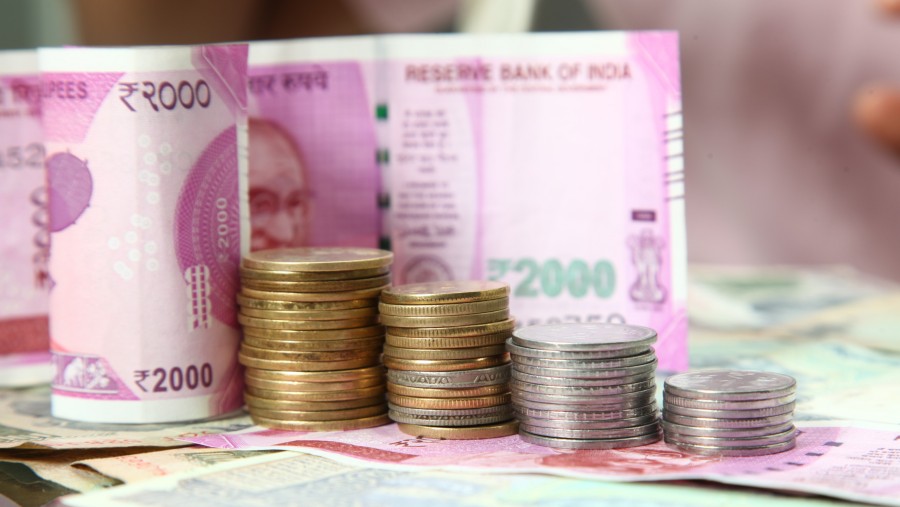The government is considering a number of relief options to the salaried class in the budget, including raising the standard deduction by Rs 10,000-20,000 from the current level of Rs 50,000 and offering tax sops on the medical reimbursement provided by companies during Covid-19.
The stimulus packages since the pandemic have little for the salaried despite them suffering from salary cuts, job losses and excess medical expenses while making adjustments for work from home.
Several suggestions have been made to ease the burden of taxpayers and a few of these could find their way into finance minister Nirmala Sitharaman’s budget on February 1.
The tax payers expected some relief, but what they got was an offer to spend their leave travel allowance (LTA) on the purchase of white goods, home appliances and other consumer products that attract a goods and services tax (GST) rate of 12 per cent and higher, which will be eligible for tax breaks.
Analysts said the standard deduction limit for the salaried may be raised from the current Rs 50,000 to about Rs 60,000-70,000 per year because of the hardships faced during Covid-19.
A standard deduction is given in lieu of deductions for expenses. This deduction was done away in 2004-2005 as part of a process to weed out various exemptions and make the taxation process simpler.
However, the Finance Act, 2018 has introduced a standard deduction from salary income up to Rs 40,000 in lieu of the reimbursement of medical expenses and transport allowance; in 2019 it was raised to Rs 50,000 per annum.
Industry chamber CII said there had been a significant rise of 70 per cent in the cost inflation index in general over the last five years, particularly medical inflation. “In light of the rising inflation, the limit for standard deduction for salaried employees should be substantially increased.”
Ficci said the standard deduction should be increased to Rs 1 lakh, which will take into consideration the higher expenditure on account of work from home.
Assocham said the current Rs 50,000 exemption does not provide substantial relief to the salaried individuals. “Standard deduction is not meaningful to a large number of salaried tax payers as a substantial portion of the deduction is offset by the levy of additional cess of 1 per cent which was levied vide Finance Act, 2018.” It said there is a strong case for Budget 2021 to increase the quantum of standard deduction.
According to Shailesh Kumar, partner, Nangia and Co LLP, some companies did reimburse their employees for additional medical expenditure during Covid-19. However, the employees were required to pay tax.
“The government should on exceptional basis allow deduction for such expenditure incurred by the individuals on setting up of home office or for testing/ treatment of Covid-19,” he said.
Such deduction can be in form on actual amount of reimbursement subject to some maximum cap, or it can be in form of an additional standard deduction as well,” Shailesh Kumar, partner, Nangia and Co LLP said.










